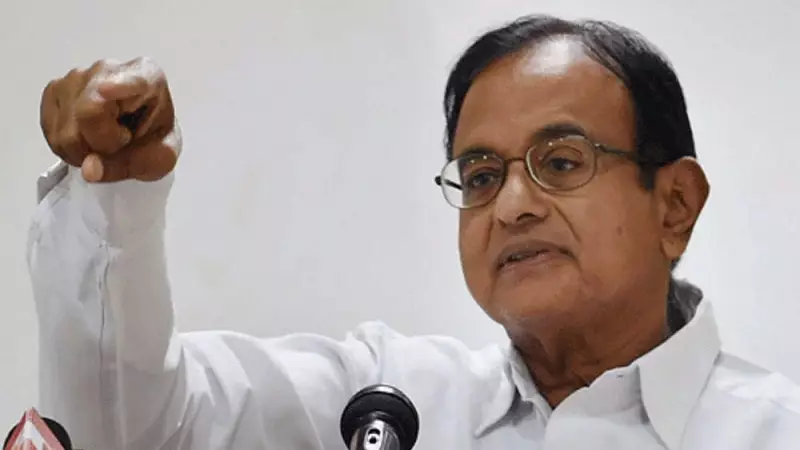
Senior Congress leader and former Union Minister P Chidambaram has made a significant revelation about the government's awareness of home-grown terrorist elements operating within India. In an exclusive interview, the seasoned politician shed light on critical internal security challenges facing the nation.
Government's Awareness of Domestic Terror Threats
Chidambaram emphasized that the current government fully recognizes the existence of indigenous terrorist elements within the country's borders. The former Home Minister, who has extensive experience in handling national security matters, stated that this acknowledgment, while not always publicly emphasized, forms part of the administration's understanding of security threats.
The Congress leader's comments come at a time when India faces multiple security challenges from various quarters. His insights carry particular weight given his previous tenure as the country's Home Minister, where he oversaw numerous counter-terrorism operations and security initiatives.
Security Challenges and Political Context
Chidambaram spoke about the complex nature of terrorism in contemporary India, noting that security threats no longer exclusively originate from cross-border elements. Home-grown terrorist networks have emerged as significant concerns for law enforcement agencies and intelligence services across the nation.
The senior politician's observations highlight the evolving landscape of security threats that India confronts in the current geopolitical climate. His statements underscore the need for comprehensive security strategies that address both external and internal threats to national stability.
During the interview, Chidambaram reflected on the broader implications of recognizing domestic terrorist elements, suggesting that this awareness should inform policy decisions and resource allocation for security agencies. He emphasized the importance of balanced approaches that protect civil liberties while ensuring public safety.
Broader Implications for National Security
The recognition of home-grown terrorists presents unique challenges for India's security apparatus. Unlike cross-border threats, domestic terrorist elements operate within the country's social fabric, requiring different intelligence-gathering and counter-terrorism approaches.
Chidambaram's comments suggest that addressing root causes of radicalization must become an integral part of India's national security strategy. This includes understanding the socio-economic and political factors that contribute to the emergence of domestic terrorist networks.
The former minister's revelations about government awareness of these threats indicate that security agencies have likely been working on developing specialized capabilities to counter home-grown terrorist activities. This acknowledgment from an experienced political leader adds important context to ongoing discussions about India's security preparedness.
As India continues to navigate complex security challenges, insights from experienced leaders like Chidambaram provide valuable perspective on the multifaceted nature of threats facing the nation and the government's approach to addressing them.





